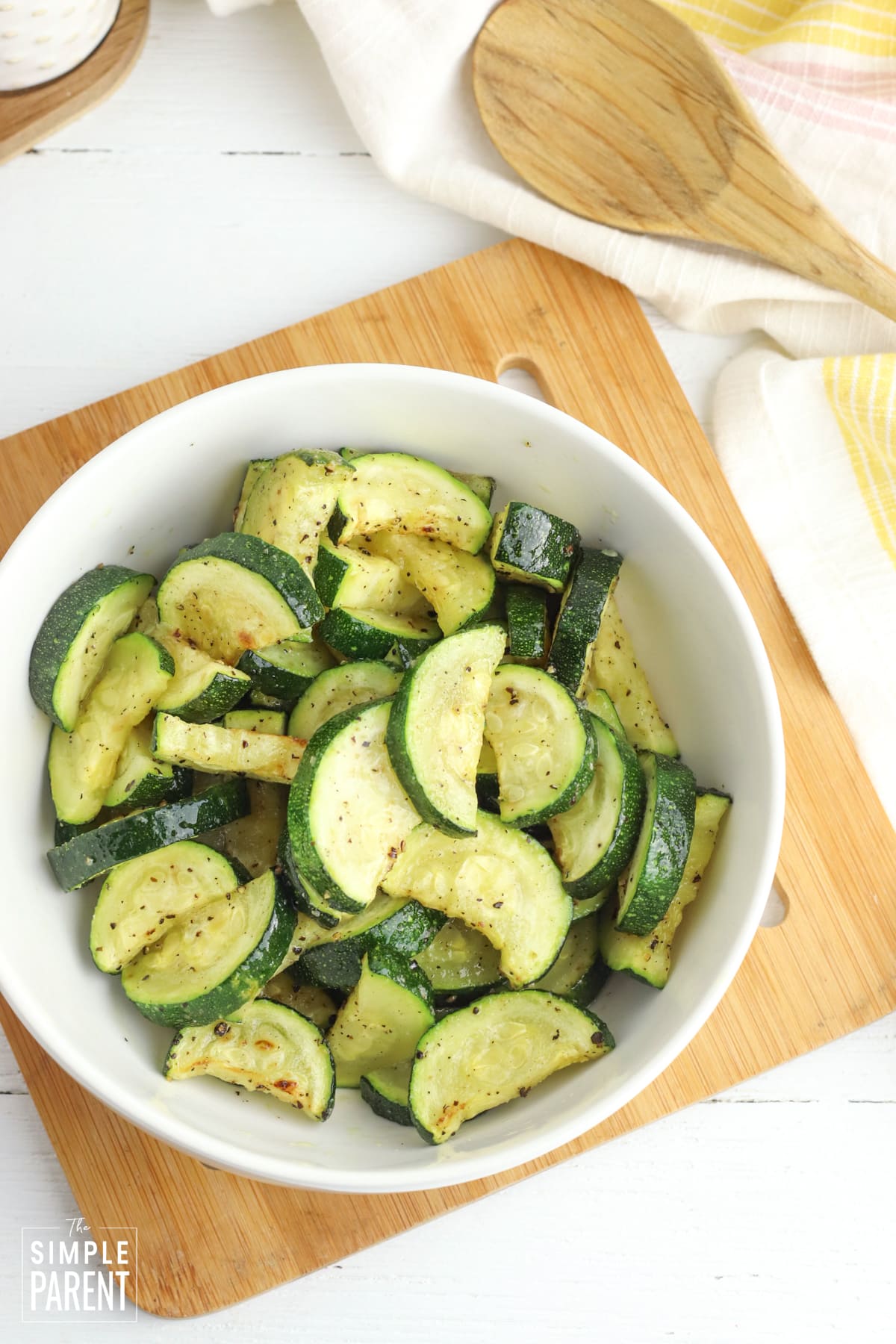or people of us who came of age in the noughties, the Saturday procuring journey was a rite of passage and an activity of incomparable pleasure. Receiving lost in a extensive office retail store, skipping in between splendor concessions and slinging plenty of objects more than gangly teenage arms amongst gossip-stuffed trips to Caffè Nero was the closest we felt to independence.
No matter whether or not any true objects ended up bought was of lower worth the procuring alone was actually a small depth of the day. What was considerably extra notable have been the ordeals the shops afforded, the bonding times among mom and daughter as they spoke by way of switching space curtains, the friendships that crystallised as we switched items with the just one our pal was hoping on, and the capture-ups in excess of super sweet very hot candies at the conclude of the working day, when anyone was fatigued.
It is unfortunate to believe that this could all become a memory of a bygone retail era – and not merely for the reason that of the pandemic – but mainly because these kinds of ordeals have been rendered nearly obsolete by ecommerce. On Monday, on the net retailer Boohoo introduced that it experienced bought Debenhams for £55m – and reviews are circulating that it is also in talks to invest in Burton and Dorothy Perkins. In the meantime, ASOS has now procured Topshop and Miss Selfridge from Sir Philip Green’s Arcadia Group, which fell into administration in November.
These are seismic but predictable market moves, presented how the pandemic has paved the way for on the net suppliers to thrive (ASOS noted a 19 per cent rise in around the world sales in October, though pre-tax gains spiked by 329 for each cent), though bricks-and-mortar stalwarts, which ended up now having difficulties pre-pandemic, have viewed their fate even further cemented by remaining physically unable to open the tills.
In April, Debenhams identified as in administrators for the next time in two several years, even though the Arcadia Team brands have been dwindling since 2019, when the firm was saved from administration just after a voluntary arrangement led to 50 per cent cuts in rent, 23 retailer closures, and 520 occupation losses.
All the whilst, on-line suppliers like ASOS, Boohoo, and their counterparts Quite Minor Issue and Terrible Gal, have continued to soar in acceptance amongst Gen Z buyers who, unlike millennials, grew up in a entire world with social media, smartphones and applications for absolutely every little thing, such as apparel shopping. Makes like Topshop and Debenhams were under no circumstances electronic-initial, and it began to present.
Boohoo and co are promoted specifically to this demographic as a result of strategic marketing, using trend influencers with young followers as ambassadors and partnering with well-liked truth Tv reveals, this sort of as Appreciate Island, for sponsorship discounts. This can make on the internet searching the norm, a little something that has only in a natural way solidified in the course of the pandemic specified that non-critical retail has been closed for most of the previous yr.
Kate Moss poses in the window of Prime Store on Oxford Avenue to launch her personal clothes assortment on April 30, 2007.
(Getty Visuals)
These kinds of business shifts had been inevitable, claims retail pro Clare Bailey. “The digital revolution and the pandemic have simply just accelerated the timescale,” she tells The Impartial. “Big department outlets and metropolis centre shops have not adapted to present-day customer requirements. Although the pandemic has performed a portion in their demise, it definitely is not the only thing.”
That said, shedding Topshop and Debenhams does not automatically imply the high avenue is dying. Indeed, individuals may well be executing the bulk of their garments browsing on the net presently, but the desire for in-particular person purchasing will not peeter out totally. It just means that the knowledge is likely to modify it is time for innovation.
“Look at when Woolworths closed all 807 of its retailers in 2008,” says Bailey. “It grew to become on-line only and all but five of those people 800 retailers had been set again into fantastic use and ended up repurposed as new retail areas that ended up far more appropriate to the present day shopper. The British significant road is often reinventing alone, so it is possible that whatsoever replaces Debenhams and other high avenue shops will be suitable for the requires and wishes of the community.”
But in a write-up-pandemic hyper-digitised universe, what will individuals demands and desires be? And how will they translate to a true-everyday living procuring encounter, if at all? When non-crucial retail reopens yet again in the United kingdom, Bailey expects there to be a resurgence in true-lifestyle purchasing trips.
“People will be craving the social conversation that comes with viewing retailers in-person,” she states. But modern information suggests they won’t automatically be heading to the nearby town centre. “Over the very last several years, investigation has progressively identified that, if they are not browsing on-line, folks truly feel substantially more related to neighborhood independent organizations, these kinds of as boutiques. They value the proximity to household, possessing less queues, and the authenticity that comes with that practical experience.”
This feels additional relevant now than ever prior to, when makes are underneath continuous scrutiny for their ethical and sustainab
ility methods. Brands like Boohoo and Rather Little Thing are continually criticised for perpetuating quickly style society, but their stratospheric good results would counsel that purchasers are inclined to flip a blind eye when it arrives to on the internet buys. The same are unable to be claimed for bodily retailers, which, at present, have to have to offer a thing a lot more in order to be deemed precious. Choose Harrods, where by crowds gathered en masse on the first submit-lockdown weekend in December. Certain, they could possibly have been heading to London’s iconic section keep to select up a £15 tin of caviar, but the more probable rationale is that, after 4 months in lockdown, they basically preferred somewhere nice to go.
In some techniques, a changeover to this way of buying – just one that feels a lot more indulgent and bespoke – would replicate the business shifts we’ve seen in the publishing globe, with mid-selection titles like InStyle and Teen Vogue heading on line-only, although those at the higher echelons (assume Vogue, GQ and Vainness Good) are investing extra into their print choices – glossier paper, espresso desk-worthy covers – in get to provide a larger-benefit and far more impactful reading practical experience that can’t be replicated on the net.
Christmas customers at Harrods in December 2020.
(Rex Features)
“It’s about the worth of scarcity,” explains Bailey. “And whilst major department shops have not necessarily adapted incredibly well to the instances, the hole that they leave in the marketplace tends to make way for something a lot more suitable.”
That is the factor. As much as I cherished my purchasing encounters as a teen, they were pretty considerably of their time. Today, I would be far far more most likely to spend an afternoon perusing the rails in my regional boutique store or classic keep, exactly where one-off items call for inspection and shop house owners are in a position to converse as a result of provenance.
Meanwhile, individuals large, conglomerate division suppliers, where the garments are tightly packed together and mass-created, have somewhat missing their attraction. Of class, I’ll shop on line, as well. But only for the unexciting merchandise that I know I need to have (underwear, socks, tights). As for the remarkable ones that I in all probability never, you are going to obtain me shopping in serious lifestyle as before long as the pandemic lets.


%2520(1).png)


